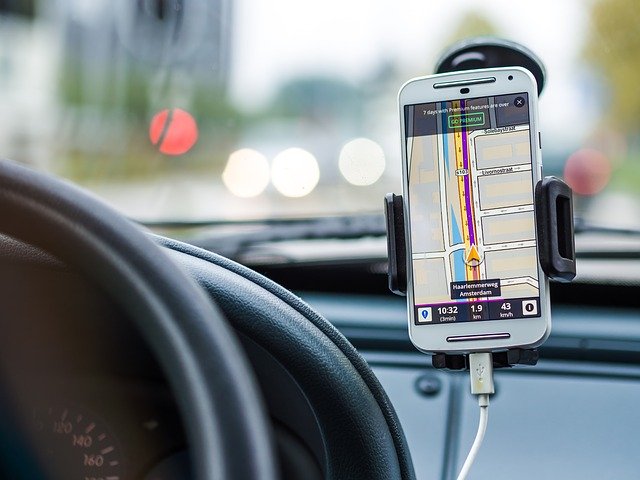Name of the project : “Participatory and democratic” (and decentralized) information and urban risks: the case of the Waze application
Type of project : Internships
Summary:
For some time now, there has been a series of (original) urban risks directly linked to the Waze application such as leading users to dangerous places (bad neighborhoods, flooded areas, areas affected by fires, etc.). Waze, which is aware of the issue, is now trying to find solutions. In addition to these urban risks, the application has also been blamed for other issues such as:
- creating disturbances for local residents, whose neighborhoods have seen increased flows of vehicle traffic, as well as cause road accidents (the case for a Los Angeles neighborhood with a rough terrain);
- Endangering police officers’ lives (by making their position known);
- Creating and spreading “fake news”.
With this in mind, the internship aims to carry out a study that includes the following points:
- The history of the Waze company and its application (algorithms, division of labor between “volunteers,” who draw up maps, and “experts,” etc.) since its creation in Israel in 2008. For practical reasons, the focus would be on France where Waze has existed since 2010 and which is one of the company’s main markets, with 9.4 million active users per month in September 2017;
- Identification of urban risks related to the application;
- Understanding and ability to simulate the algorithms used by the application to exemplify the different risk scenarios;
- Identifying and demonstrating how additional criteria can help mitigate risks and, if possible, questioning the sources of the information needed to obtain these additional criteria;
- 5) Reaction of the company and the public authorities in the face of these risks.
Name of supervisor(s) : Konstantinos Chatzis (LATTS/ENPC) ; René Natowicz (LRI/ESIEE Paris)
Name of student(s): Marc Vuquockhanh (ESIEE Paris)
Start and end of the project : 4 May 2020 - 27 July 2020
Duration : 3 months

